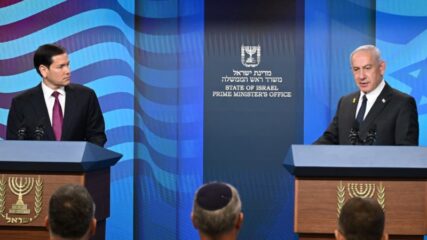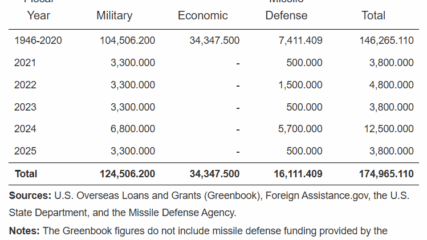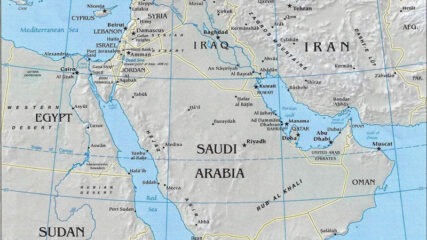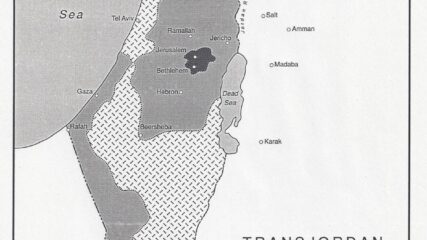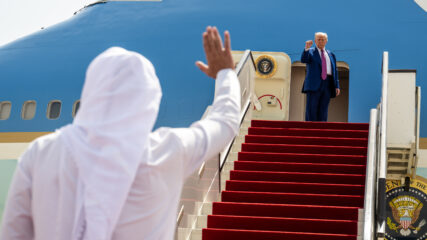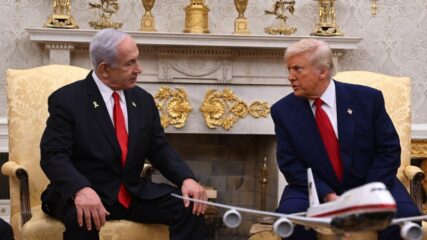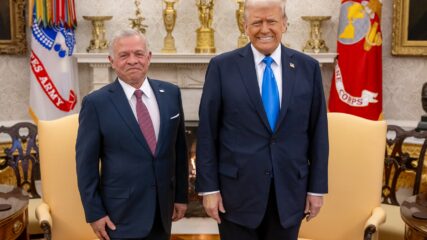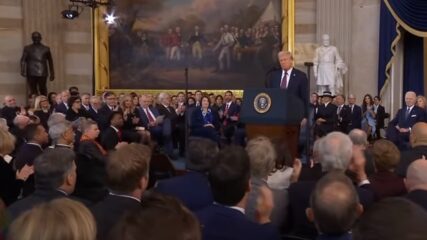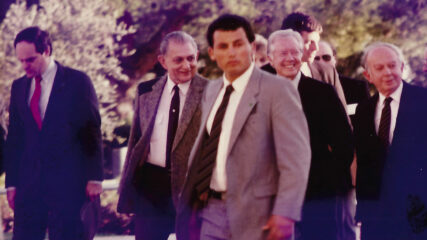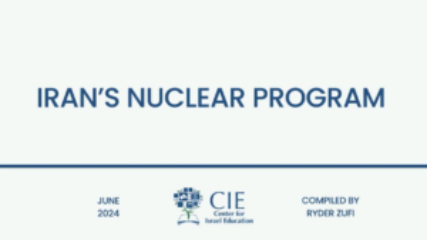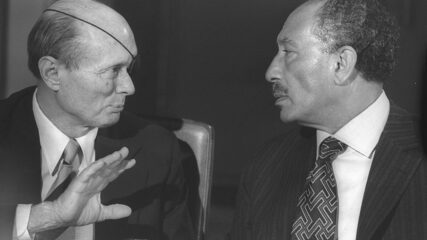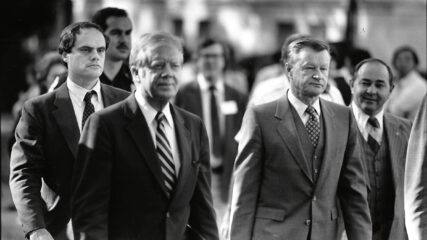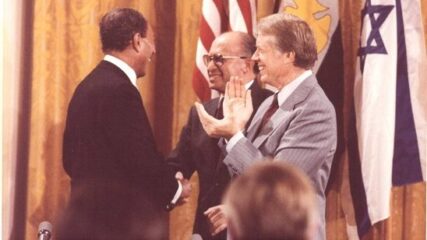“Remember October 7th,” Rubio and Netanyahu Emphasize, September 2025CIE+
US Secretary of State Marco Rubio’s visit to Israel was primarily prompted by American criticism of Israel’s airstrike on September 9, targeting Hamas leaders in Doha, the Qatari capital. Rubio arrived in Doha at the end of an emergency Arab-Islamic leaders summit that roundly condemned Israel’s attack. In Doha, he affirmed US interests in Qatar, with particular knowledge that it hosts America’s largest air base in the Middle East and the forward headquarters for the US Central Command. The US was seeking to balance its relationship with Israel and Qatar.

